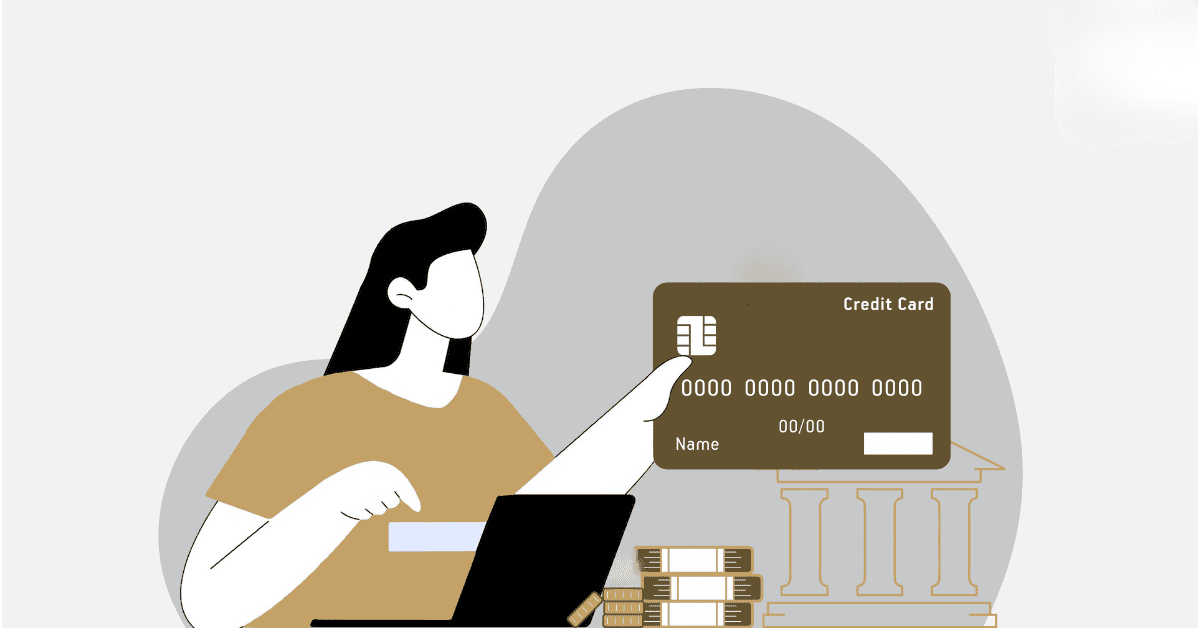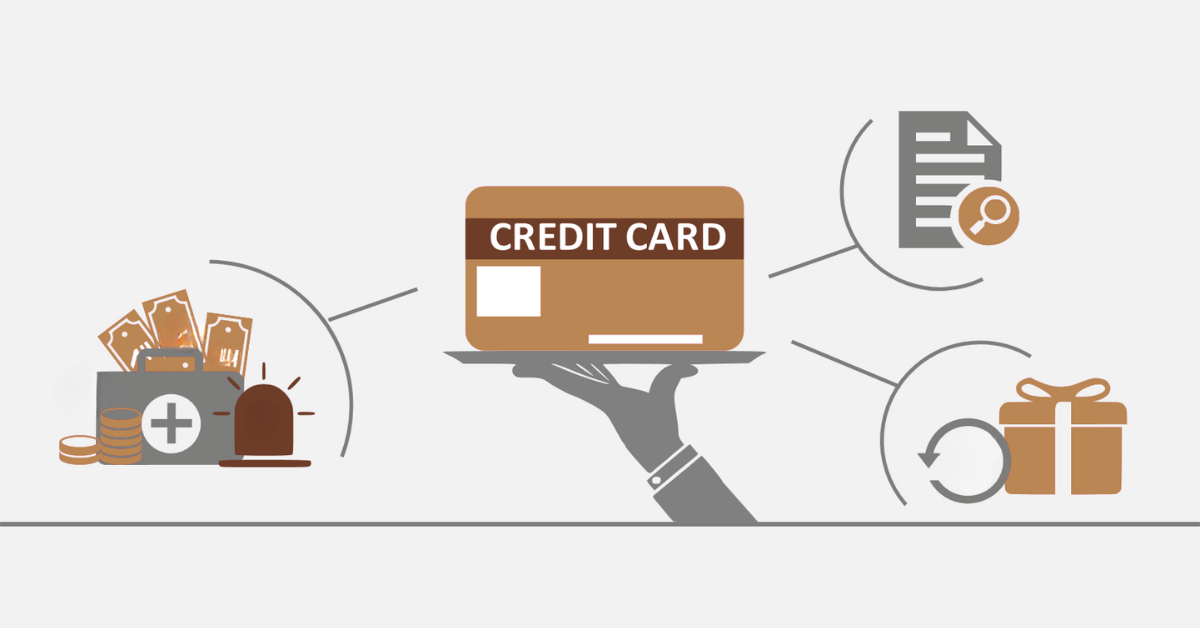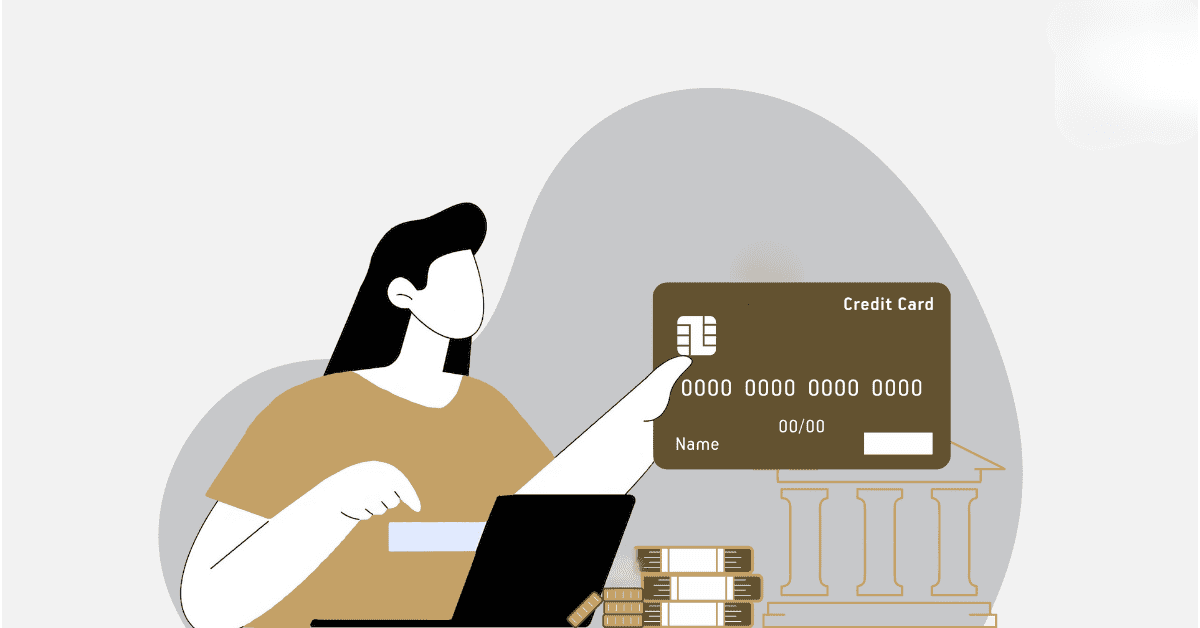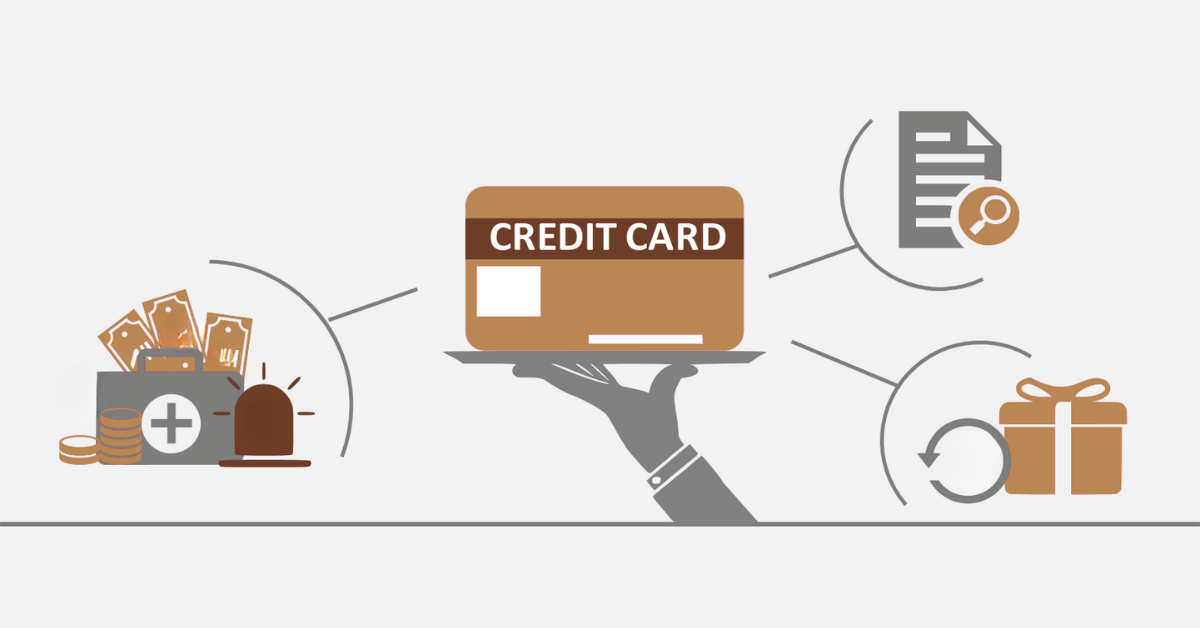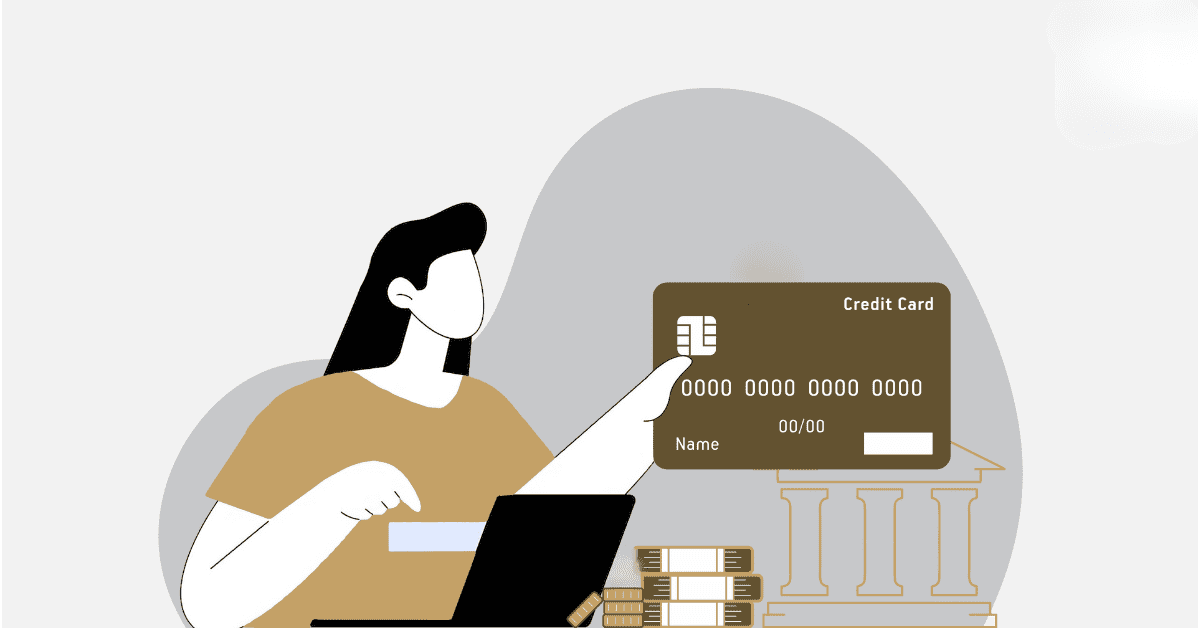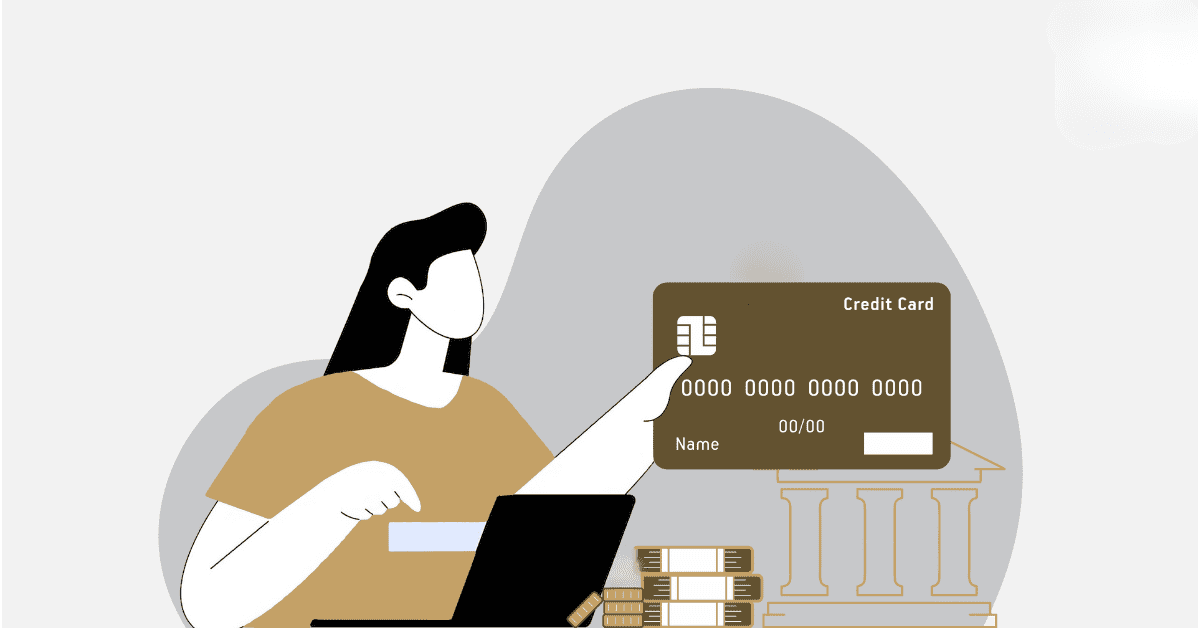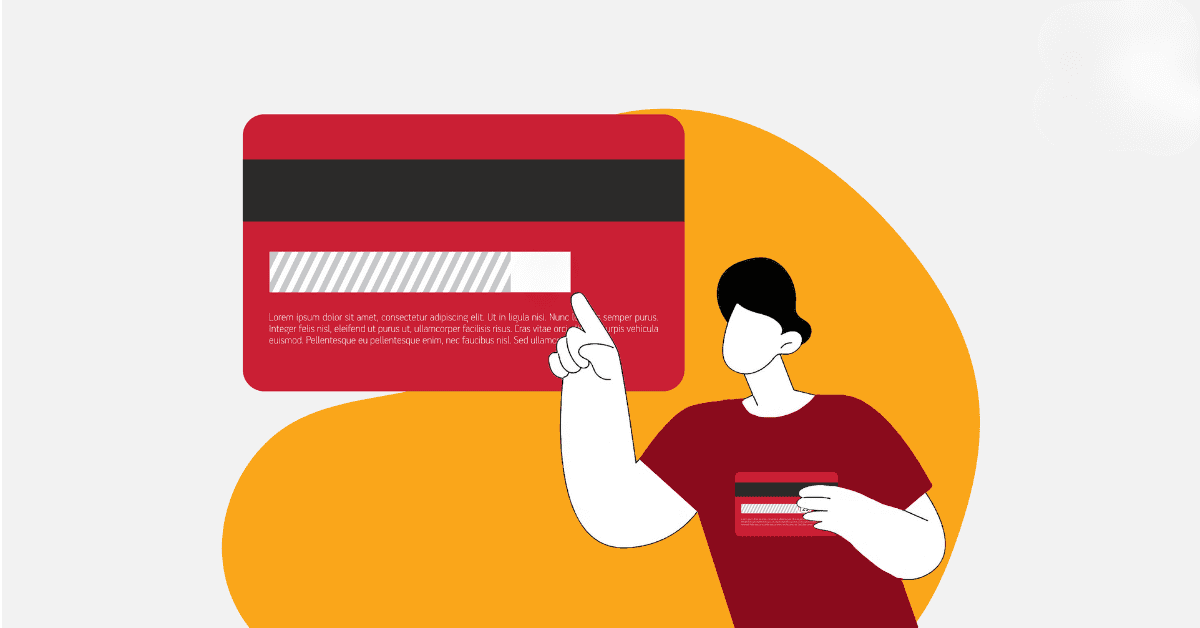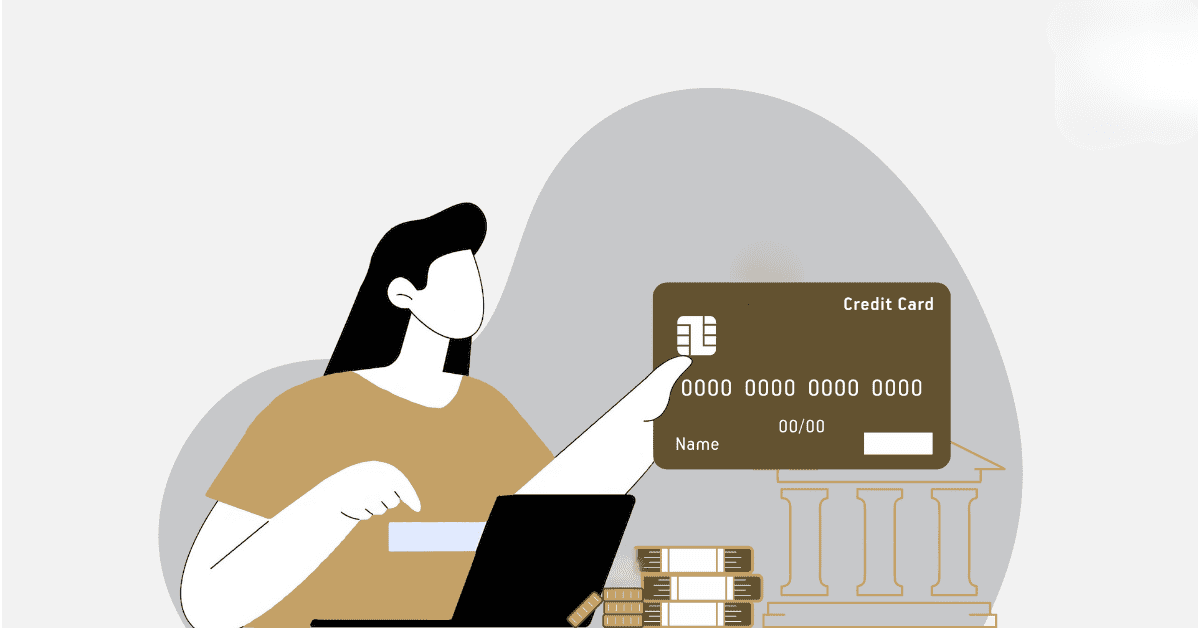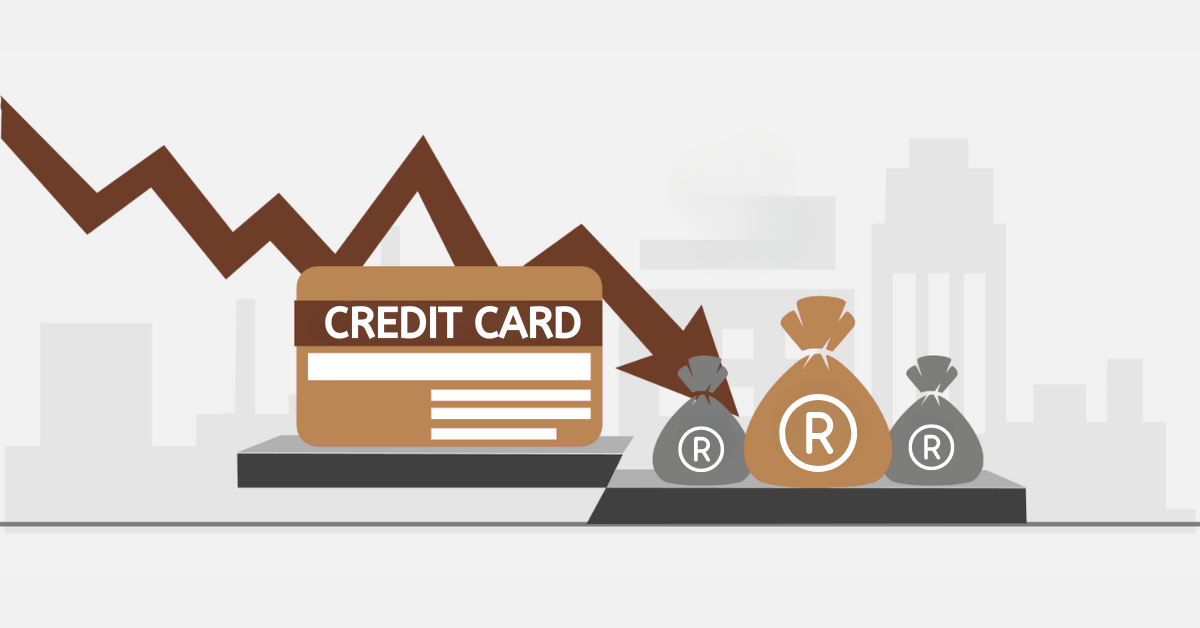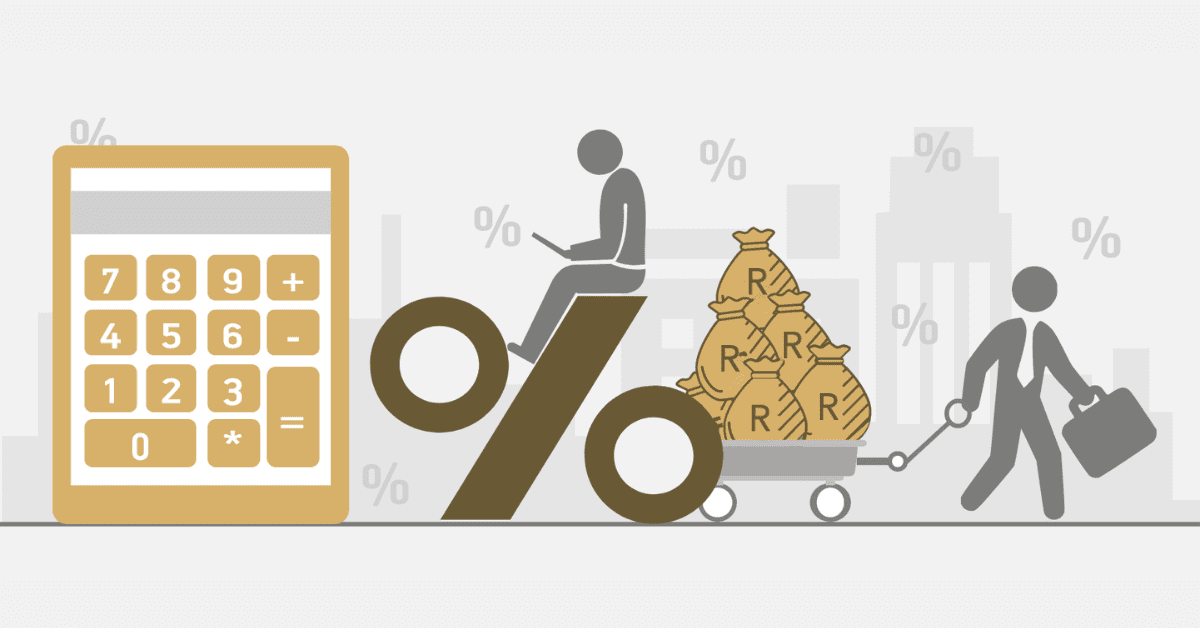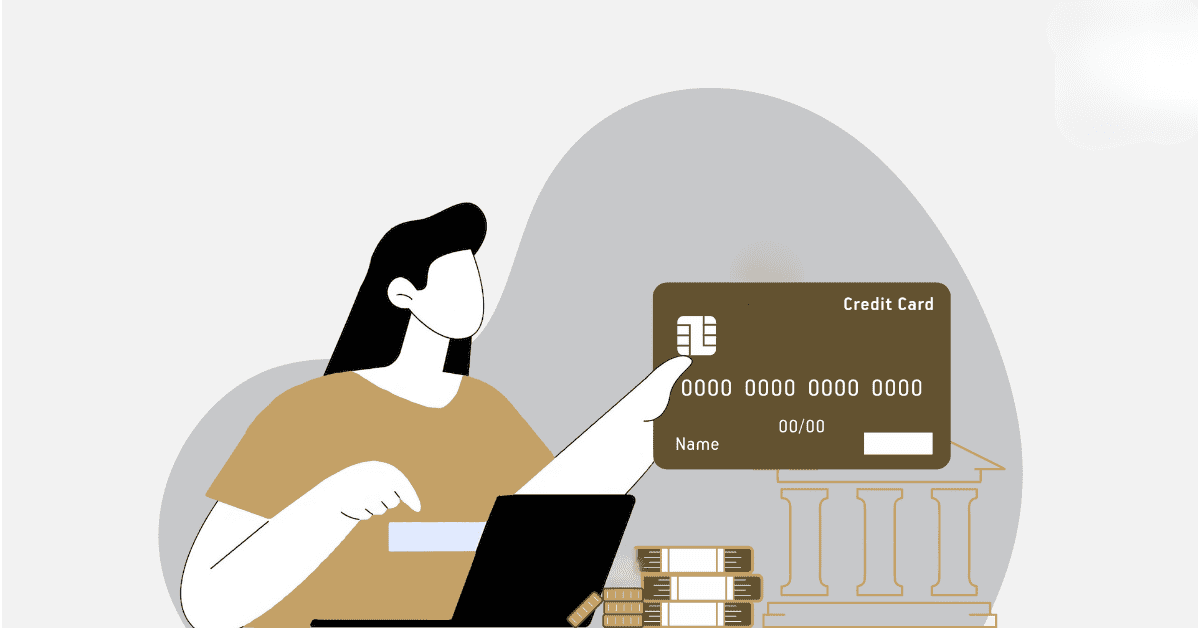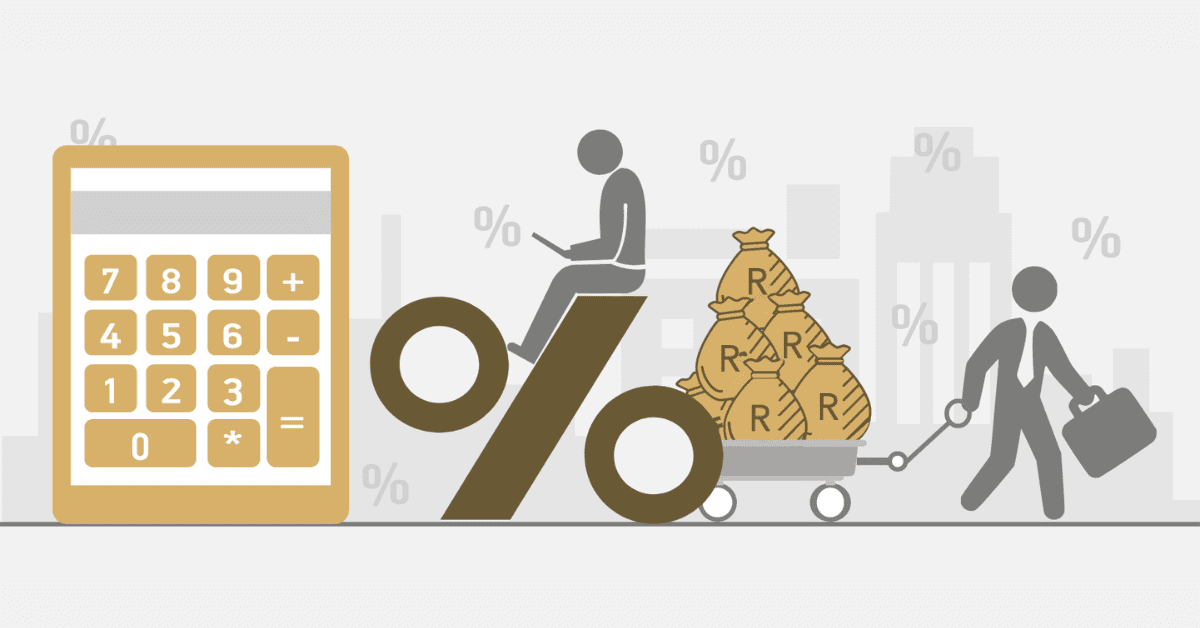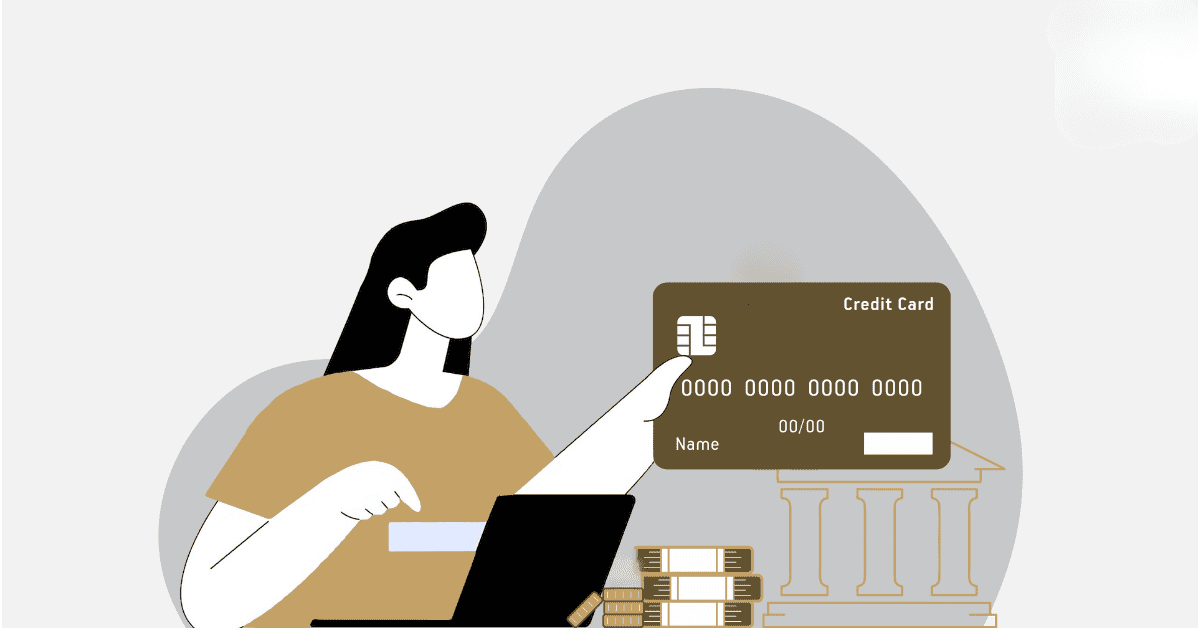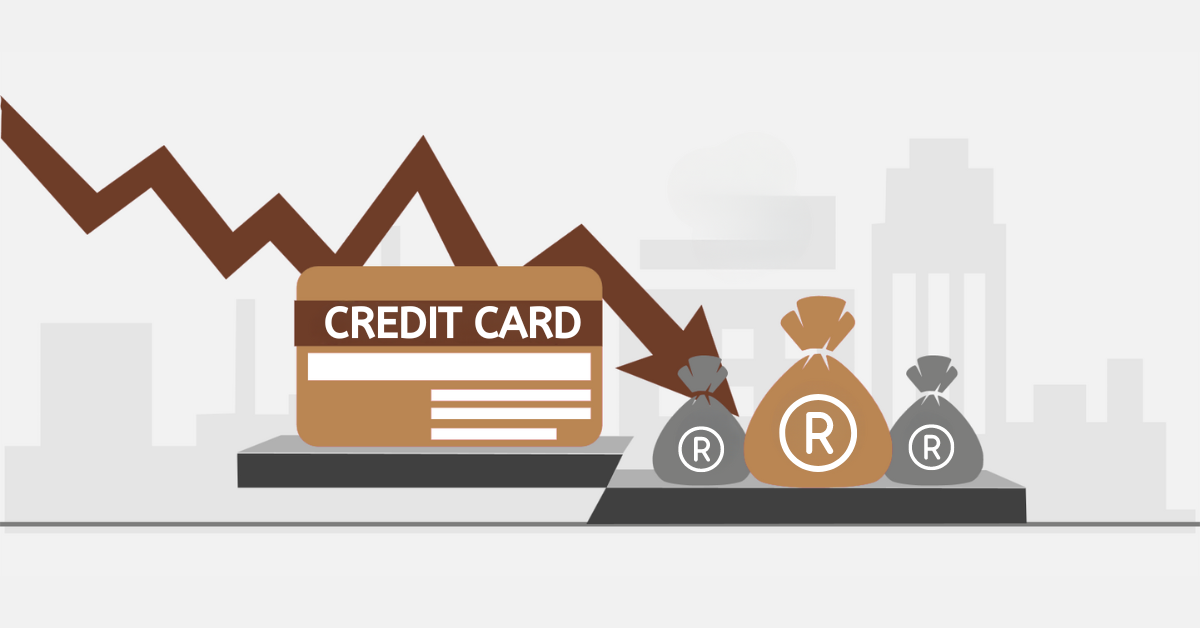The interest rate on a credit card that carries balances from one month to the other is determined by its annual purchase annual percentage rate (APR). A credit card with a high purchase APR means it carries more interest if the card has a balance, whereas a lower APR implies that you will owe less. By making full payments each month before the lapse of the grace period, you can avoid credit card interest. Understanding how credit card interest works can help you make an informed decision. Read on to learn how to check interest rates on your credit card.
How Do I Check My Interest Rate on Credit Card?
There are different options you can consider to check interest rates also known as APR on your credit card. When you apply for a new credit card, your APR will be listed in your card’s terms and conditions (T&Cs). Before signing for a new credit card, it is recommended that you carefully read the terms and conditions so that you make an informed decision rather than regret it later.
Your credit card APR can also be found close to the end of your monthly statement. Your credit card issuer will send you a statement at the end of each month. If you check the statement, there is a section marked “Interest Charge Calculation.” In this section, you will be shown the balance that is going to be used in the calculation of your monthly interest charge. Remember, if you have an unpaid balance interest will accrue every day. The accrued interest will contribute to your total balance, which leads to fast growth of the amount you owe.
You can also find your credit card’s APR via the issuer’s website. Be sure to have an online account on the site where you can check the APR. Once you log into your account, navigate to the section with information related to APR. This option is probably the most convenient because it has up-to-date information on APR. You can check the latest APR on your card.
Furthermore, you can check your interest rate on your card by contacting the issuer. The issuer’s phone number is found on the back of the card, so you can call them.
How Is Interest Calculated on Credit Cards?
If you have a balance on your credit card or you fail to pay your credit in full at the end of the month, you will be charged interest on the amount owing. The interest is added to your balance, so your balance will continue to grow if you fail to pay it off. The interest on a credit card is calculated daily, and it is added to the amount you already owe. The daily interest rate is calculated by dividing the annual interest rate by 365 days in a year.
For example, if your credit card APR is 15%, your daily rate would be 0.041% (15/365=0.041). If you have an outstanding balance of R1000, you will incur R0.41 on day 1. (0.041/100X100= 0.41). Your new balance becomes 1000+0.41= R1000.41. Your interest on day 2 will be calculated using the new balance. The process will continue every day until the end of the month. As a result, you will end up with a higher balance at the end of each passing day if you fail to clear the money you owe.
How Much Interest Will I Pay per Month?
As shown in the example above, the interest you will pay per month depends on the balance you already have. If your daily interest rate is 0.041% for a balance of R1000, it means you will incur R0.41 every day. Suppose your billing cycle has 30 days, multiply R0.41 by 30, and you will get R12.30. This means your interest for that particular month will be R12.30, and it is added to the principal balance you already have.
How Do I Avoid Paying Interest on My Credit Card?
The best way to avoid paying interest on your credit card is to pay your bill in full every month. If you fail to pay your credit in full, you will have a grace period of 21 days where you do not pay interest. After the grace period, interest will be charged on your credit card. Just try to maintain timely payments on your credit card, and you will have to worry about interest on your credit card.
Is Credit Card Interest Calculated Daily or Monthly?
Most credit card issuers calculate interest on a daily basis. The daily interest is added to the original balance you already have. If you have an outstanding balance on your credit card, try to clear it before the lapse of the grace period. Your principal will continue to attract interest daily.
A credit card is convenient since it offers several benefits. However, you need to carefully read the terms and conditions before signing for a new card to avoid unprecedented challenges like high-interest rates. It is imperative to check the interest rate on your credit card. Understanding how to calculate interest on your credit card can also help you make an informed decision.
